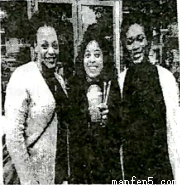0 136536 136544 136550 136554 136560 136562 136566 136572 136574 136580 136586 136590 136592 136596 136602 136604 136610 136614 136616 136620 136622 136626 136628 136630 136631 136632 136634 136635 136636 136638 136640 136644 136646 136650 136652 136656 136662 136664 136670 136674 136676 136680 136686 136692 136694 136700 136704 136706 136712 136716 136722 136730 151629
